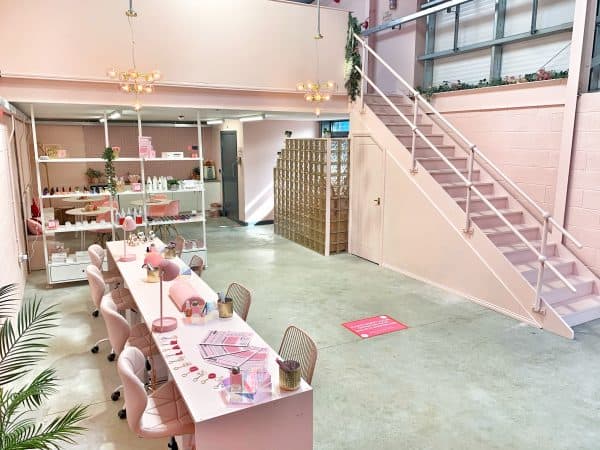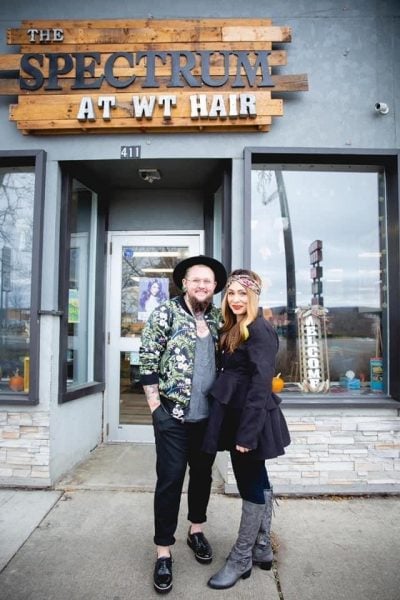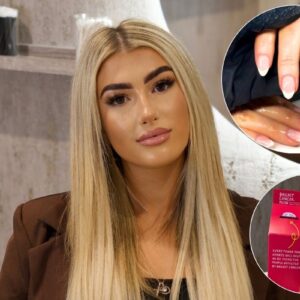
How to support neurodivergent clients in the nail space
By Chloe Randall | 17 March 2022 | Expert Advice, Feature, Health & Wellbeing

One in seven people in the UK (more than 15% of the UK population) are neurodivergent, meaning that the brain functions, learns and processes information differently. Neurodiversity includes conditions such as ADHD, autism, epilepsy and mental health illnesses.
Scratch explores how to accommodate neurodivergent clients to ensure they enjoy their nail appointment…
CHECKLIST
- Always address the client primarily and their caretaker secondarily (if they have one).
- Ensure loud music is turned down.
- Turn down the lights so they aren’t too bright.
- Explain the process and procedures beforehand so they are ready and understand. Be clear and patient as well with your explanations at every stage.
- Ask the client (and potentially caregiver) if there are any things they would like to avoid or do to make the experience the best it can be.
Case Study: Wonderland Academy
“One of our clients has bipolar disorder and in order to accommodate her, we offer a late night appointment when the salon is closed so that her social anxiety is kept to a minimum,” reveals Louise Adshead, business success manager at Wonderland Academy, Manchester.
“This client also finds it challenging to use technology to book her appointments so this is something we do manually at each appointment.
“The decisions about her nails are made together and gently. It’s an opportunity to work together in order to create a relaxing environment for the client, with no judgement on their choices.
“Additionally, if on the day of her appointment it is not a particularly great mental health day, we know that conversation may not be something she needs that day, and she may rather enjoy a quieter appointment.

Wonderland Academy
“She also knows she can contact her nail technician directly with any concerns prior to her appointment so that it keeps anxiety down to a minimum for her, and her technician understands it might be a difficult day.”
#SensorySunday
 “My wife, Elle and I have a child who is neurodivergent,” reveals Leo Wolters Tejera, co-founder of WT Hair. “We were talking one day and realised that our child would have never got their hair cut if it wasn’t for Elle being a hairdresser. In that moment, we decided to use our skillset to try and make our community and our world a better place.
“My wife, Elle and I have a child who is neurodivergent,” reveals Leo Wolters Tejera, co-founder of WT Hair. “We were talking one day and realised that our child would have never got their hair cut if it wasn’t for Elle being a hairdresser. In that moment, we decided to use our skillset to try and make our community and our world a better place.
“Sensory Sunday is a place where people can come to our salon and have a salon experience as their full self. There is no need to worry about shame or fear over behaviours or tics or any symptoms of neurodiversity. We create a space that is safe and comfortable for neurodivergent clients.
How it works:
“Our Sensory Sunday clients start off in a one on one setting. We usually do those appointments on a Sunday, so that the person in the chair feels like they are the focus of the appointment. Additionally, it allows us to reduce noise levels and stimulus by only having one hairdresser having one conversation and not having any music going on in the salon unless it is requested by the person or their caregiver.
“As the clients grow and feel more comfortable in the space, we offer the chance to transition them into a regular salon appointment.”
Salons can find out more about hosting a #SensorySunday event by visiting www.wthair.net

Read the latest issue









